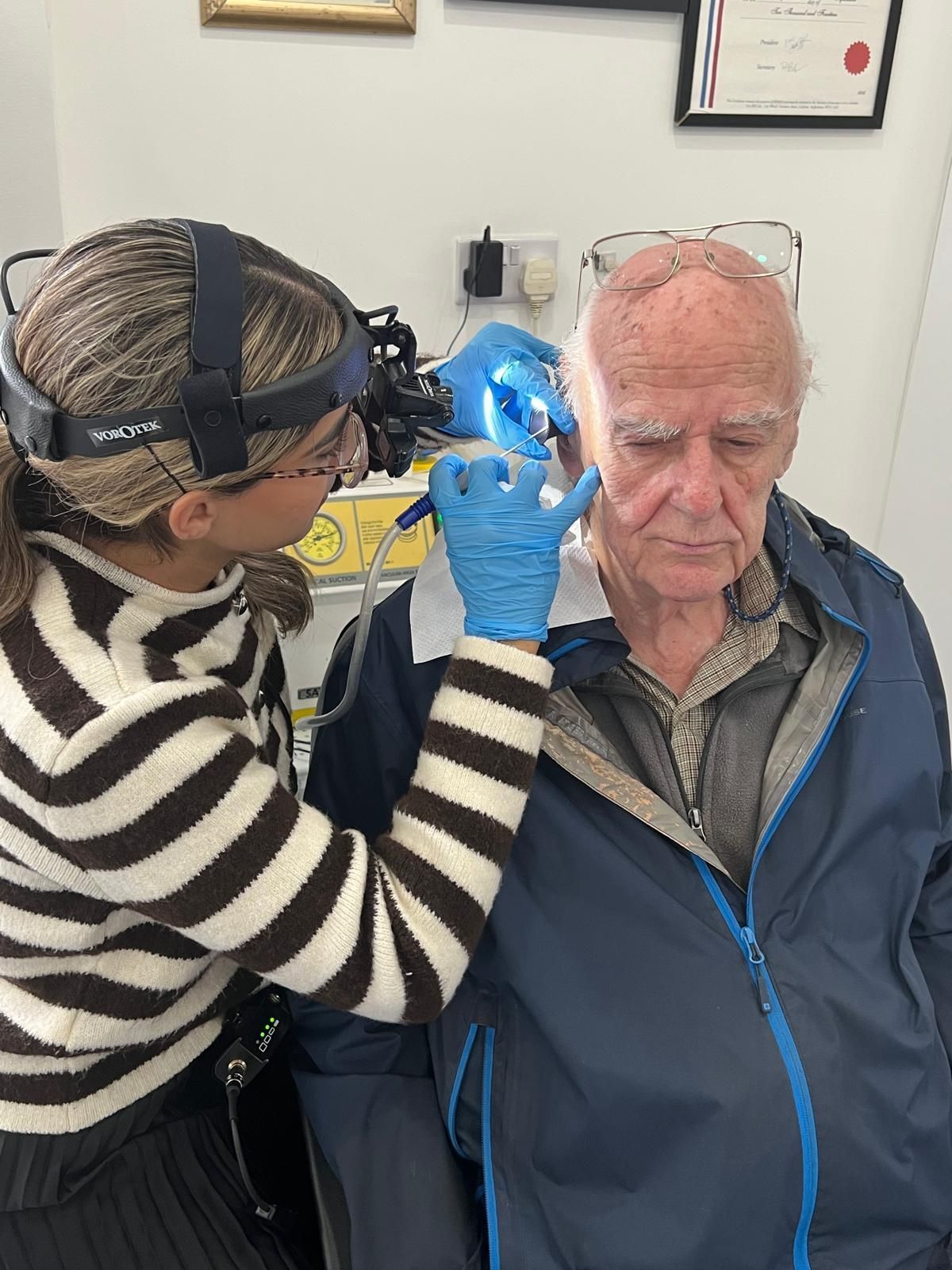Can You Hear Me Now: Hearing Loss and Talking on the Phone
If you’re struggling with hearing loss, you may find yourself talking less and less on the phone. It’s not because you don’t want to, but hearing what the other person is saying can be frustrating and tiring.
Telephone conversations are wonderful ways to stay in touch with family and friends or for official communication—so don’t give up on the phone yet. We have some tips to help you maintain touch over the phone.
● Learn which ear hears better and use it. If you wear hearing aids, place the phone close to the microphone. Hearing aid models placed behind your ears may require you to place the phone a little above your ear.
● Find a quieter environment. Busy or noisy environments are distracting and may take your focus away from the conversation. Move to a quieter place and if you’re at home, turn off electronics like your TV, radio, microwave, washing machine, or dishwasher.
● Be honest. Powering through conversations that you don’t understand may lead to miscommunication. Don’t feel awkward or embarrassed about letting the other person know you experience reduced hearing. Ask them to repeat or slow down.
● Work with a landline. They often have better sound quality compared to cellular phones, making them easier to hear on. When a landline is not an option, invest in an amplified phone or headset that amplifies sound and isolates the other person’s voice.
● Embrace technology. With Bluetooth-enabled hearing aids, you’re likely to listen in clearly, and with both ears too. Newer aids contain a special feature that helps reduce background noise to improve clarity
Talking to Someone with Hearing Impairment
We all love quick and easygoing conversations where our listeners hear and respond just as fast as we do. This presents a challenge when conversing with someone who’s struggling with a hearing impairment. It’s in circumstances like these that empathy and respect are crucial to keeping the conversation going.
Here are a few top tips!
● Speak clearly. Use full sentences to communicate and steer clear of jargon or acronyms that may confuse the listener.
● Use a normal pace. If you go too fast, they may not follow, while speaking too slowly may feel demeaning. You may want to incorporate short pauses in the conversation rather than slow speech.
● Ask the listener to repeat what you said. This is especially helpful when passing along critical information so you know they caught everything. Be patient even when you have to repeat information.
● Announce when you’re changing the topic. Otherwise, they may struggle to connect what you’re saying now with what you said before.
Get in touch with Sid, Sukhina and the team for more top hearing tips!



